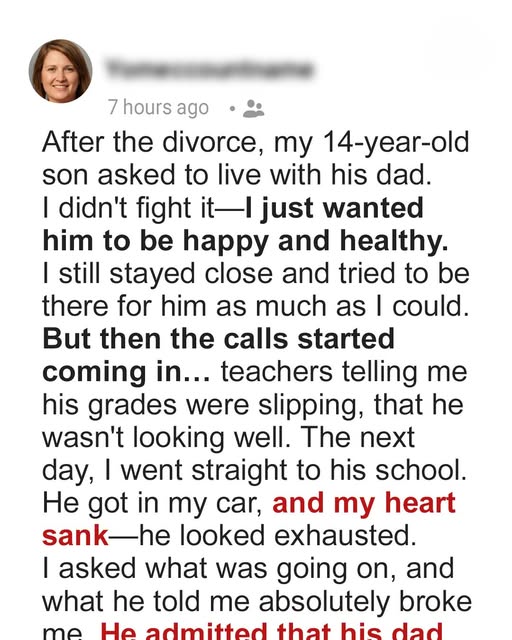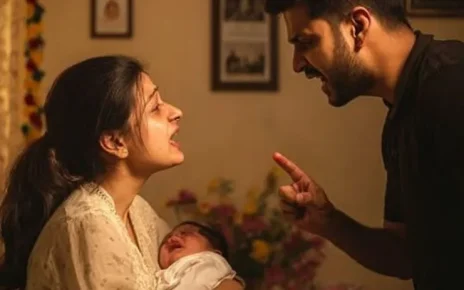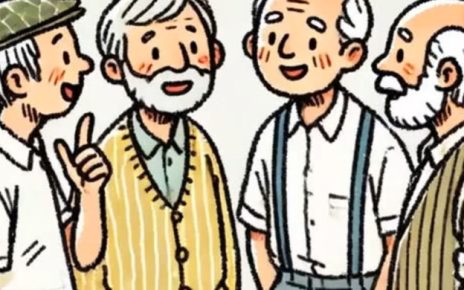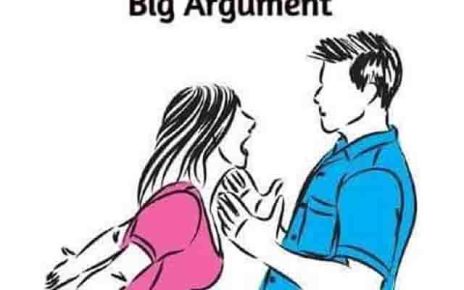When Mason, my 14-year-old son, asked to live with his dad after our divorce, I agreed, hoping it would help them reconnect. At first, everything seemed fine—frequent calls, selfies, and stories of midnight pancakes. But soon, the communication slowed, and teachers began expressing concern. Mason was missing assignments, cheating on quizzes, and seemed distant. His dad, Eddie, brushed it off as “just a phase,” but I knew something deeper was wrong.
I drove to Mason’s school and waited in the rain. When he saw me, he climbed into the car silently, looking exhausted and fragile. He eventually admitted he couldn’t sleep and felt overwhelmed. Eddie had lost his job and hadn’t told anyone. Mason had been surviving on crackers and peanut butter, doing homework in the dark, and trying to keep up the appearance that everything was fine. He said he didn’t tell me because he didn’t want me to think less of them.
I took Mason home with me that night—no questions, no court order, just instinct. He slept for 14 hours. I made him breakfast, dug out his old robot mug, and slowly rebuilt his world. We started therapy, kept routines soft and safe, and I left him small notes of encouragement. For a long time, he didn’t respond—until one day, I found a note on my bedside table thanking me for seeing him, even in silence.
Months passed. He rejoined robotics club, laughed again, and built a model bridge from popsicle sticks that collapsed—but he smiled and said, “I’ll build another one.” At school, he was awarded “Most Resilient Student.” He now lives with me full-time, messy room and all, leaving notes to himself like, “You’re not alone.” Love isn’t always loud—it’s showing up, uninvited, and staying until the light comes back.




